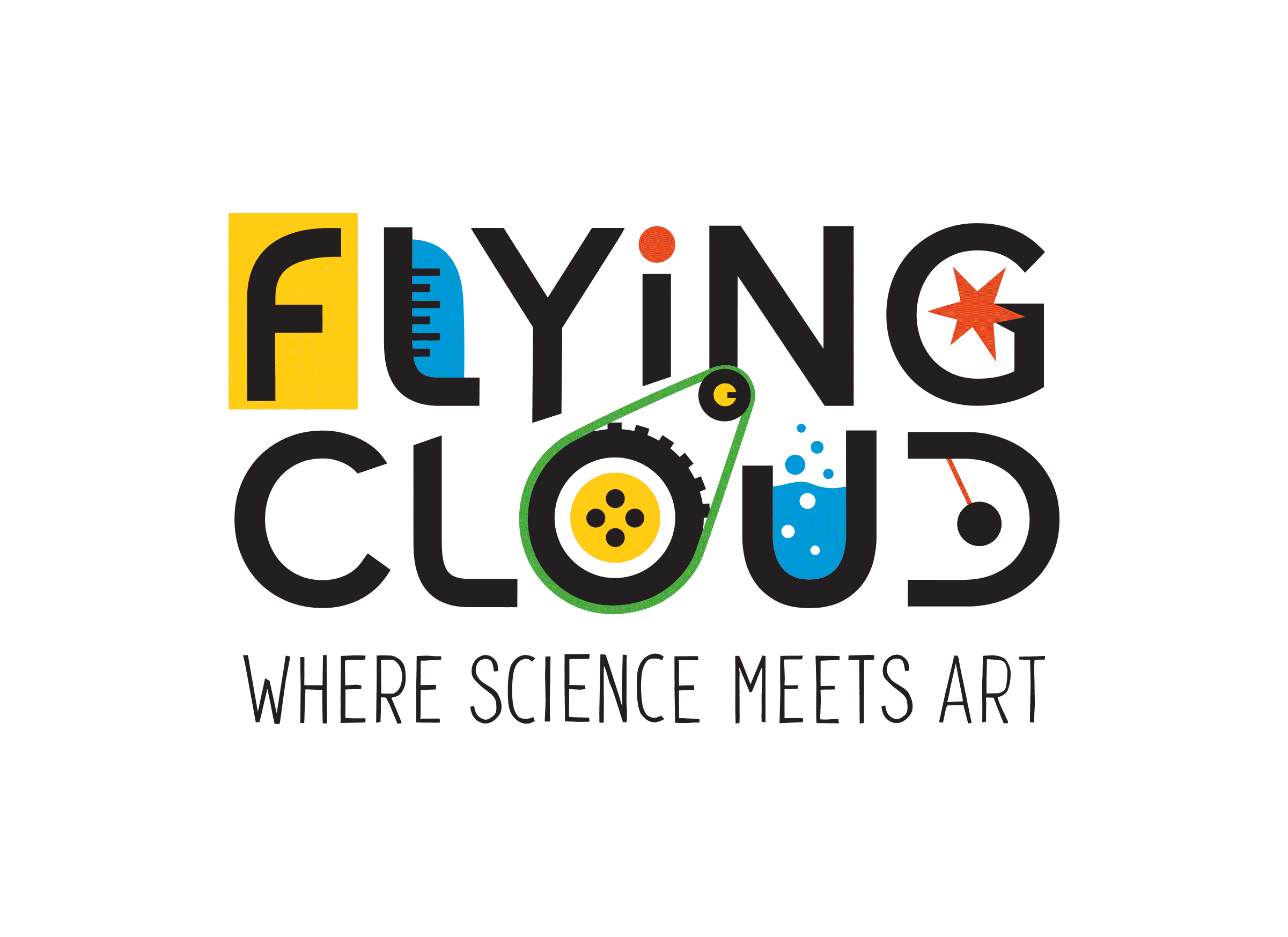Why Encourage Young Women in Science?
In 2000, FCI launched Young Women in Science (YWIS) for girls who crave opportunities to build knowledge and confidence in science, technology, engineering, and math (STEM). During this first, one week summer program, fifteen middle school girls worked in a college laboratory alongside women STEM professionals. By 2006, FCI established free, after-school science clubs and robotics teams for 4th – 6th grade girls in elementary and middle schools. STEAM Teams—designed for middle school girls interested in the natural integration of arts and sciences— were added in 2014.
Girls of all ages who are hungry to explore STEM outside the constraints of their classroom embrace YWIS’s creative and hands on programs. FCI employs high school girls to mentor younger club participants. Mentoring opportunities help young-adult women hone professional and academic communication skills as well as interest and confidence in their science abilities. All programs are free of charge or provide financial aid to qualified applicants. YWIS connects girls with female, scientist role models at a young age, inspiring them to overcome both internal and societal barriers and become excited about STEM.
In STEM fields, men occupy the majority of professional and research positions. As the demand for STEM increases, and researchers recognize the importance of equal representation, our community must do its part to give young girls the tools they need to persevere. Research demonstrates that encouragement from female, STEM-professional role models and opportunities to engage in fun, hands-on, all-girl, collaborative laboratory experiences help young girls succeed in STEM fields. FCI’s Young Women in Science programs are part of the solution, changing the messages girls receive at a young age so they can envision themselves in STEM.
STEM careers are a critical pathway to economic empowerment for students from Pittsfield where 58% are classified as economically disadvantaged by the MA Dept. of Education. In MA, the average annual entry-level wage for STEM careers is $56,000, which is around twice that of the $28,000 average for all entry-level MA workers. Every sector of the STEM industry outperforms the median annual wage of the workforce as a whole.
Though STEM jobs appear evenly distributed among men and women, when excluding healthcare, women hold 29% of STEM occupations. Women tend to work in low-paying STEM industries, despite overall parity in the number of employed.
In addition, racial data from 2020 estimates that only 27% of STEM worker are non-white with 5% identifying as Black, 6% Latinx, and 15% Asian.
Persons Working in Science and Engineering Occupations: 2015
Women hold only 25% of STEM jobs, and underrepresented minority women comprise only 10% of persons employed in science and engineering fields (Source: National Science Foundation 2017).
Research Findings that Shape Our Programs
Forging strong and intentional mentor relationships, such as those between FCI’s high school mentors and elementary age club participants, increases participants’ capacity to achieve and see their own progress, interest in STEM, and feelings of belonging in the STEM community.
Average Hourly Earnings by Gender and Type of Occupation: 2015
Research shows that girls need early intervention by female STEM role models that help foster a STEM identity and build their confidence in STEM at a young age.
Our programs in action
Young Women in Science programs serve over 300 youth in grades 3-12 from rural and city schools throughout Pittsfield, Lee, Great Barrington, and Sheffield, Massachusetts.
Girls are 40% more likely to consider a STEM career as their top choice after a Girls Science Club.
In the past two years, every mentor who was a high school senior graduated highschool and 75% went on to pursue college degree.
More than 1,500 young women have been through our programs.
Building productive mindsets in young women in science by praising the processes girls engage in when thinking through problems rather than how “smart” or “good” they are at a skill help build mental tool sets for problem solving in science.
Percent of Women Employed in STEM Occupations: 2015



